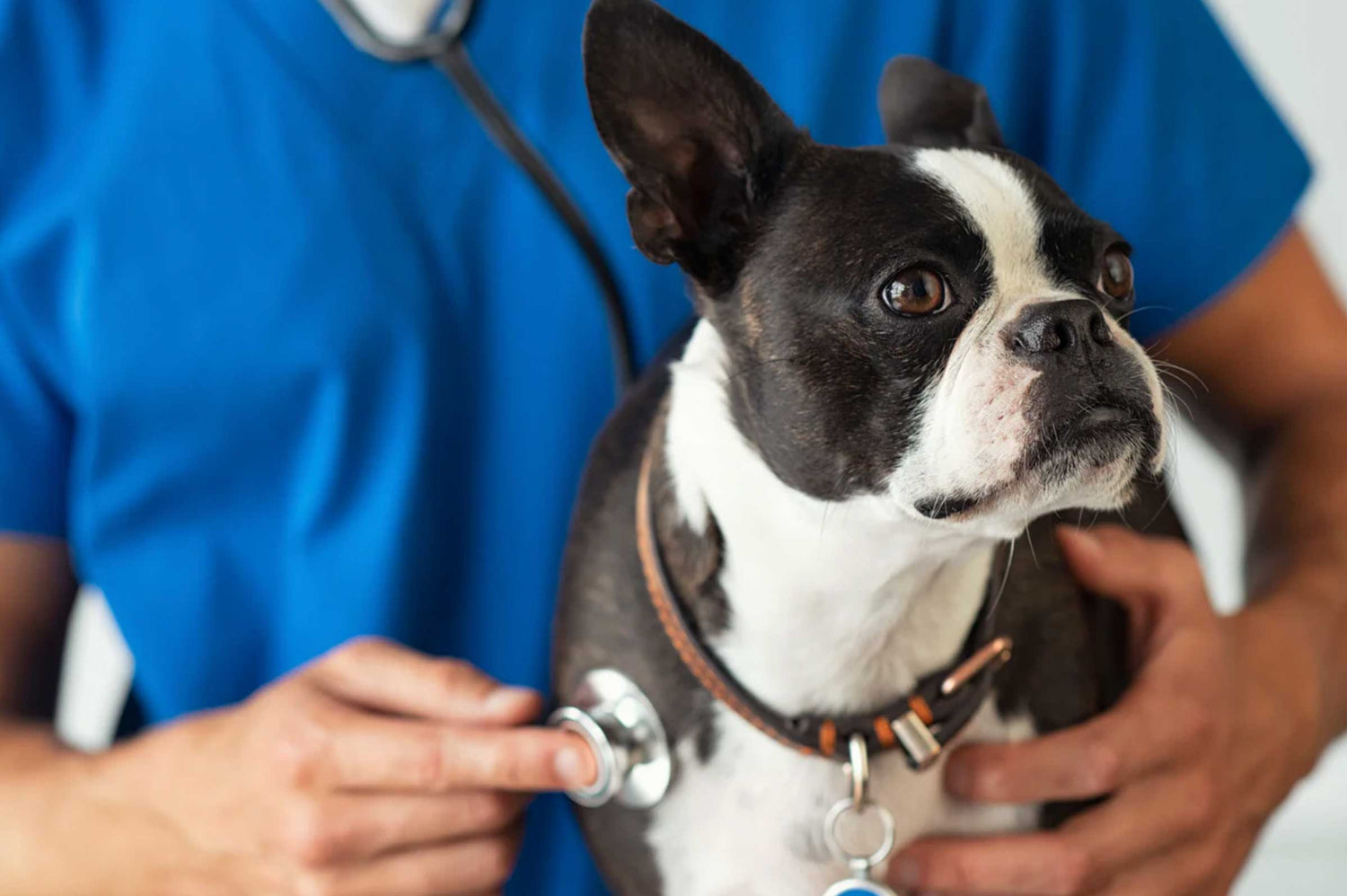As the holiday season approaches, dog owners find themselves immersed in the hustle and bustle of festive preparations. However, amidst the joy, there's a growing concern among pet parents about the prevalence of Canine Infectious Respiratory Disease Complex (CIRDC). This respiratory ailment has been a recurrent issue, particularly during times of increased boarding activities. In this blog, we'll delve into the intricacies of CIRDC, explore insights from veterinary professionals, and provide actionable suggestions to safeguard your furry companions.
Understanding Canine Infectious Respiratory Disease Complex (CIRDC)
CIRDC, often referred to as kennel cough, is a multifaceted respiratory ailment affecting dogs. It is characterized by a persistent, dry cough, nasal discharge, and sometimes fever. The complex nature of CIRDC stems from its origin in various pathogens, including viruses like canine parainfluenza, canine adenovirus, and the bacterium Bordetella bronchiseptica, along with mycoplasma.
Insights from Veterinary Professionals
Dr. J. Scott Weese, a renowned board internist on the VIN (Veterinary Information Network), emphasizes that CIRDC is not a new phenomenon. According to Dr. Weese, the disease is a result of a combination of factors, including viruses, bacteria, and mycoplasma. He notes that there tends to be an upswing in CIRDC cases around holidays, often attributed to increased boarding activities. Dr. Weese also highlights the influence of media attention, which can sometimes amplify concerns.
Protective Measures: Insights from Veterinarians
In light of the complexities surrounding CIRDC, there are some insights to help dog owners safeguard their pets during times of increased risk. Dr. Wendy Kozak, a veterinarian at the Franklin Lakes Animal Hospital, in Franklin Lakes, NJ, and a member of the Pet Wellness Direct Advisory Board, offers these practical suggestions to minimize the risk of CIRDC:
Limit Contact with Other Dogs:
Avoiding contact with other dogs, especially those with unknown vaccine status or those exhibiting signs of illness, is a fundamental preventive measure. During holiday seasons with heightened boarding activities, minimizing exposure becomes paramount.
Consider Immune Supplements:
Enhancing your dog's immune system can play a crucial role in preventing and mitigating the impact of respiratory infections. Immune supplements, carefully chosen under veterinary guidance, can provide added support to keep your dog's defenses strong.
Opt for a Pet Sitter Instead of Boarding:
Consider alternatives to traditional boarding, such as hiring a pet sitter. This minimizes your dog's exposure to unfamiliar environments and potential sources of infection. A trusted pet sitter can provide personalized care in the comfort of your home.
Vaccinate Against the Flu and Bordetella:
Vaccination remains a cornerstone in preventing infectious diseases. Dr. Kozak recommends vaccinating your dog against influenza and Bordetella, especially if they are likely to be around other dogs. This proactive measure can significantly reduce the risk of respiratory infections.
Research on Immune Supplements for Dogs
Recent research has shed light on the effectiveness of immune supplements in supporting canine health. A study published in the Journal of Veterinary Immunology and Immunopathology explored the impact of specific immune-boosting supplements on dogs' ability to resist respiratory infections. The findings suggest that a well-supported immune system can contribute to better outcomes in the face of infectious challenges.
Implementing a Holistic Approach to Canine Health
In addition to the specific recommendations from veterinarians, a holistic approach to canine health is essential. This includes providing a balanced diet, regular exercise, and maintaining a stress-free environment. A well-nourished and mentally stimulated dog is better equipped to face potential health challenges.
Conclusion
As dog owners, our furry companions' well-being is our top priority. The recurrent nature of Canine Infectious Respiratory Disease Complex underscores the importance of proactive measures. By limiting contact with other dogs, considering immune supplements, opting for a pet sitter, and ensuring up-to-date vaccinations, you empower your dog to face the holiday season with resilience.
While CIRDC is a concern, it's important to approach the issue with a balanced perspective. Dr. Kozak's insights offer a practical framework to navigate through times of increased risk, ensuring that your dog's health remains a top priority during festive seasons and beyond. By staying informed and taking preventive measures, you can create a safe and joyful environment for your beloved canine companion.











